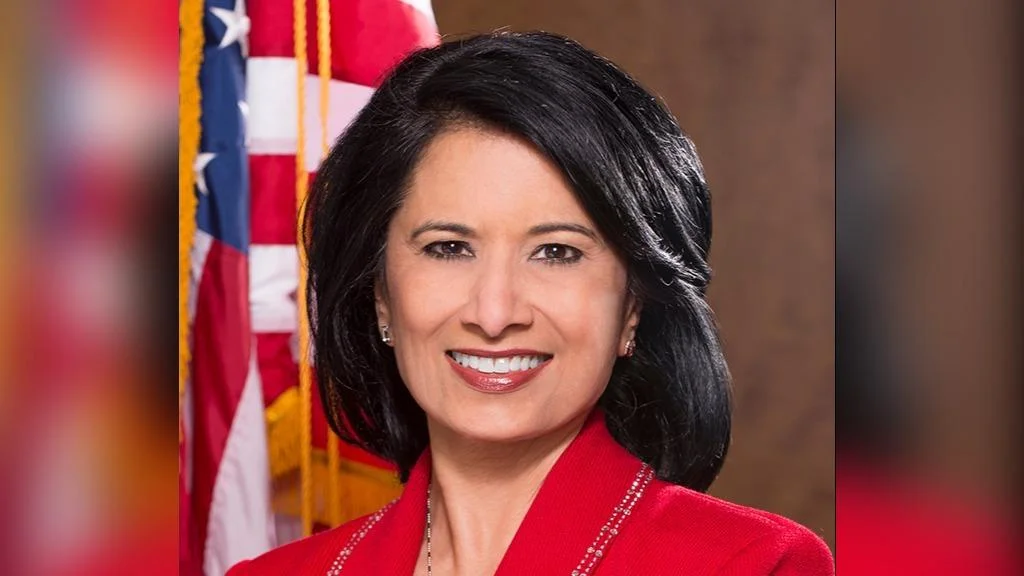The National Institutes of Health has granted a team at the University of Houston $500,000 to develop artificial intelligence tools aimed at improving health behaviors and outcomes in underserved communities. The project is led by Dr. Winston Liaw from the Tilman J. Fertitta Family College of Medicine, with collaboration from the Cullen College of Engineering.
Dr. Winston Liaw and Lola Adepoju are spearheading this initiative. "This grant offers an exciting opportunity to integrate advanced AI models directly into primary care to provide personalized health counseling at a scale we’ve never seen before," said Adepoju, who is a clinical associate professor at the Fertitta College of Medicine. She emphasized that the AI tools will be tailored to address specific challenges faced by underserved populations.
The project will focus on cardiometabolic diseases like diabetes, hypertension, and heart disease, which disproportionately affect Black and Latino communities. The team plans to use AI to analyze data from audio, video, and biometric sensors to create a virtual 'counselor' that can guide patients towards healthier lifestyles.
"There is a critical need for behavior change interventions in communities facing high rates of chronic diseases," noted Adepoju. She added that their AI-driven tool aims to bridge gaps caused by clinician shortages and time constraints by delivering evidence-based interventions directly where they are most needed.
Adepoju also highlighted the potential for AI to provide continuous support, helping patients overcome health obstacles while easing pressures on healthcare providers. "Our research aims to create AI technologies that resonate with the communities they serve," she said, emphasizing cultural relevance and ethical considerations.
The research team includes experts like Bill Elder, Lu Wang, Dr. Diana Grair, Hien Nguyen, and LaShaune Johnson. Their work reflects the Fertitta College of Medicine's commitment to addressing health disparities in traditionally underserved communities.
Dr. Jonathan McCullers remarked on the potential impact: "This project could reshape how we view AI in health care." He believes that trust and cultural alignment in AI tools could ensure equitable access to healthcare support across diverse backgrounds.

